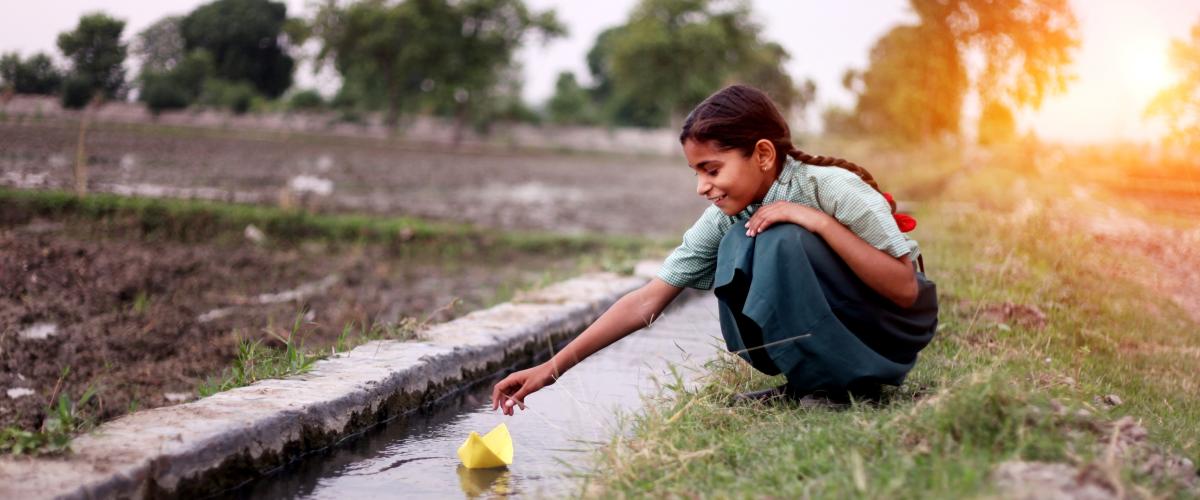
News
A cloud-based mobile app that collates crowdsourced data during disasters won two awards in a recent hackathon on disaster resilience.
Farmers in Kenya are set to benefit from the launch of a new index insurance scheme which utilizes advanced technology and satellite data to assist agricultural workers in the face of flooding and drought.
Natural disasters drive tens of millions of people into poverty and also have a devastating impact on consumption, the World Bank has said. Climate change looked certain to amplify these effects, the lender argued.
The Virtual Reality climate change project that shared Fiji’s climate change story with global leaders at COP23 has returned home to Fiji, with thousands expected to see the film in the coming weeks.
The destruction wreaked by Typhoon Haiyan in the Philippines this month has renewed debate on a critical financial question: How can nations best prepare for and respond to natural disasters?
Small island states are highly vulnerable to shocks and disaster-related losses are being further exacerbated by climate change.
Jamaica will be getting help from the World Bank towards the promulgation and passage of a new Building Act to replace the country’s 109-year-old building code.
The World Meteorological Organization's HydroHub is looking for innovative solutions in operational hydrology. Apply to the Innovation Call by 20 August to make a difference on the ground!
The SWIO RAFI seeks to address high vulnerability of the Southwest Indian Ocean Island States to disaster losses from catastrophes such as cyclones, floods, earthquakes and tsunamis.
Some 20 high-risk developing nations forged a new alliance for climate change preparedness.
